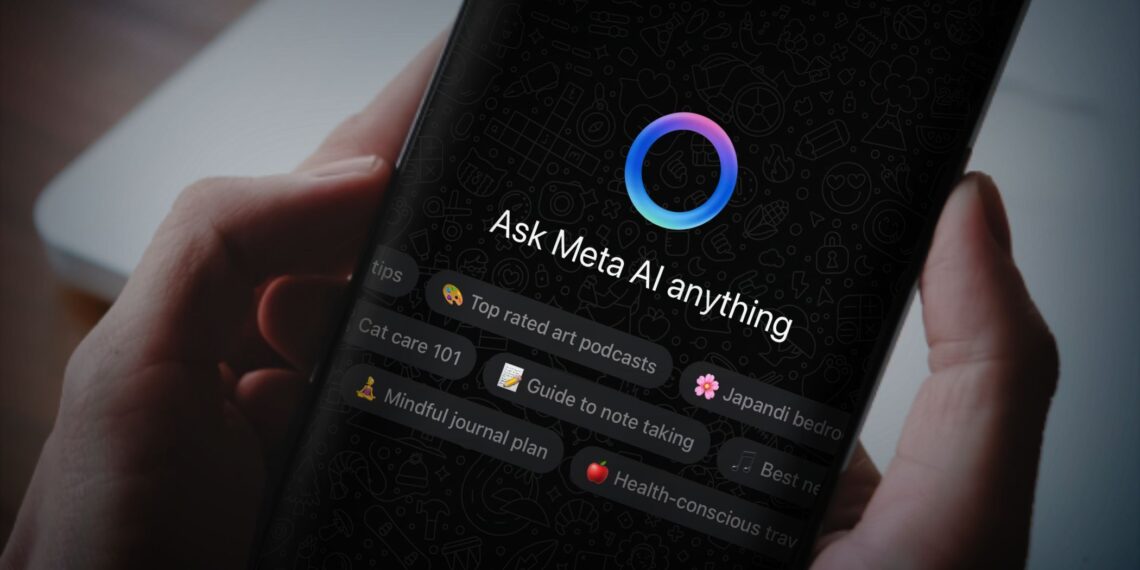Select Language:
If you’re using WhatsApp, you might want to be cautious about using Meta’s built-in AI chatbot. There’s a risk that it could accidentally share your phone number with a stranger.
Barry Smethurst, who works at a record shop, was attempting to travel from Saddleworth to Manchester by train when he sought help from Meta for the TransPennine Express customer support number. The AI chatbot provided him with a phone number, but it turned out to be linked to a UK resident living nearly 170 miles away in Oxfordshire, rather than the intended train service.
When Smethurst confronted the AI about providing what appeared to be a private number instead of a customer service line, the chatbot quickly changed its stance, claiming it shouldn’t have saved that number and attempted to divert the conversation.
When questioned about how it shared another person’s private contact information, Meta AI offered an unclear explanation, stating the number was generated “based on patterns.” To complicate things further, it claimed the number was fictional and didn’t belong to anyone.
Smethurst reiterated that the number was indeed legitimate and belonged to a user named James Gray. The chatbot eventually conceded and stated that the number had been mistakenly sourced from a database. However, in a contradictory manner, it later denied pulling the number from any database, insisting that it merely produced a string of digits that fit the format of a UK phone number, without referencing any actual data.

Related
5 Hilarious Times AI Chatbots Went Wild and Hallucinated
You really shouldn’t trust everything an AI chatbot tells you.
Smethurst attempted to get the AI to acknowledge its error, but the conversation became circular with the chatbot backtracking and avoiding accountability. Ultimately, he told Meta AI:
Just giving a random number to someone is an insane thing for an AI to do.
In an interview with The Guardian, Gray revealed that he received calls from confused individuals mistakenly believing he was customer support for a train service. He expressed concern for his privacy, asking, “If it’s generating my number, could it generate my bank information?”
A spokesperson from Meta informed The Guardian that Gray’s number was publicly listed on his website and shared the first five digits with the TransPennine Express customer service number. They also stated, “Meta AI is trained on a mix of licensed and publicly available datasets, not based on the phone numbers people use to register for WhatsApp or their private messages.”
How Can You Safeguard Your Data from AI Bots?
Given that some of your online information may already be accessed by AI bots, your best option is to limit your use of AI services and refrain from sharing sensitive personal details in interactions with AI chatbots.

Related
5 Things You Should Never Share with AI Chatbots
Conversations with chatbots may feel private, but you’re essentially sharing everything with a commercial entity.
If you are using Meta AI, consider adjusting your settings immediately to safeguard your data. Beyond that, the most effective action is to be cautious about the personal information you share with AI bots or on the internet moving forward.
While developers are actively working to resolve instances of “hallucinations” in AI, the potential for a chatbot incorrectly sharing information with a stranger is still a possibility.







